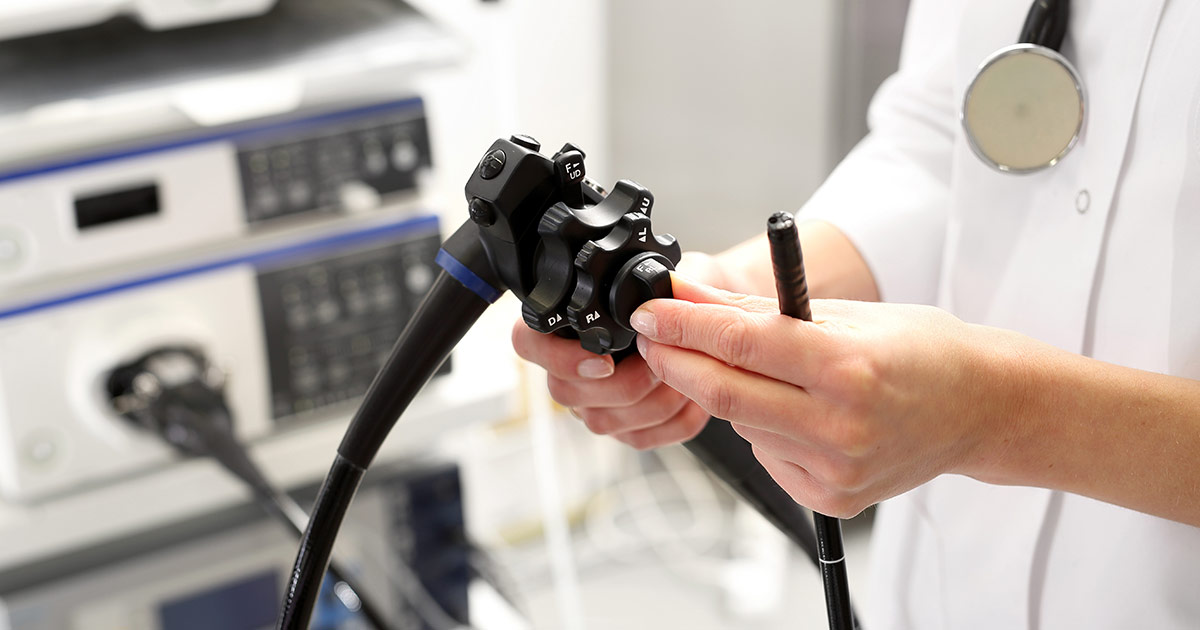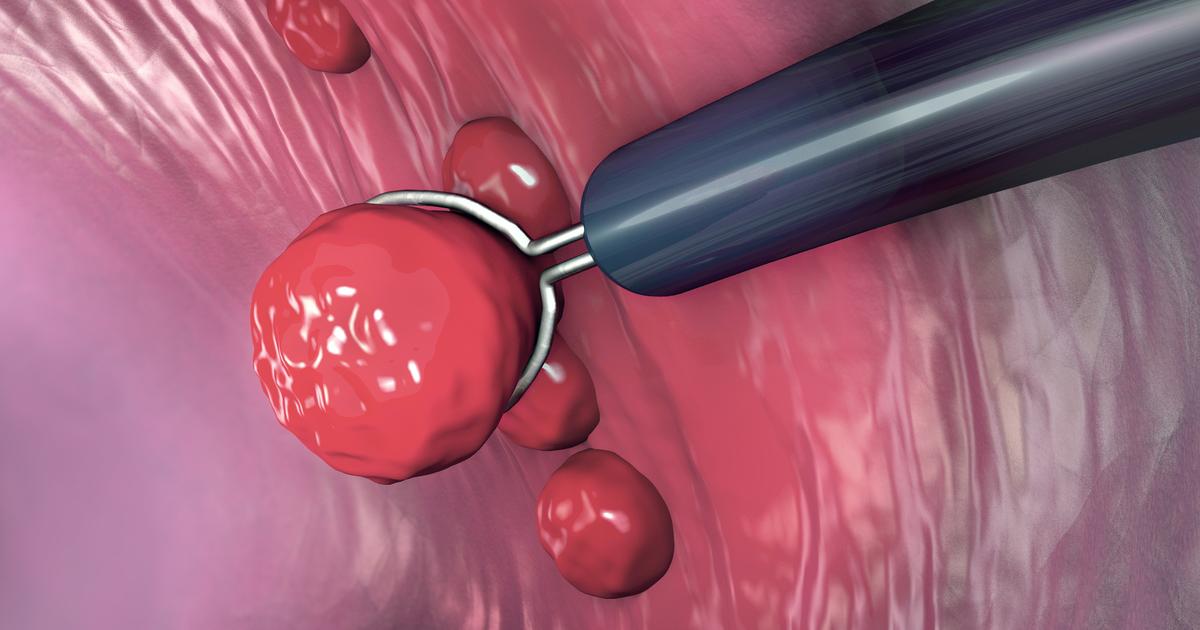Guide To Colon Cancer Diagnosis And Treatment Options
Colon cancer is a malignancy that originates in an individual's rectum or colon. An individual's colon and rectum are the last segments food moves through in the digestive tract before it is eliminated from the body. Colon cancer develops as a result of a mutation in cell DNA. Carcinogenesis results from this mutation in the cell, causing it to divide into more cells that grow rapidly, divide constantly, and do not die when they should. An individual affected by colon cancer may experience symptoms such as unexplained weight loss, the sensation of the bowel not emptying completely, blood in the stool, frequent diarrhea, frequent constipation, change in stool shape, weakness, fatigue, and rectal bleeding. Many patients do not have symptoms of colon cancer until it has progressed to an advanced stage. A colon cancer diagnosis is made with the use of a colonoscopy procedure, blood tests, and CT scans.
There are multiple ways in which a patient's colon cancer may be diagnosed and treated. Get familiar with these methods now.
Colonoscopy

A colonoscopy is a procedure used to examine the inside of a patient's large intestine and rectum for abnormalities such as cancerous growths. A colonoscopy is performed with a colonoscope, which is a long, flexible tube equipped with a camera on the end that projects the inside of the rectum and colon onto a screen for the physician to view. When an individual experiences symptoms indicative of colon cancer, like bowel habit changes, rectal bleeding, sensation that the bowel does not empty, unexplained weight loss, weakness, fatigue, and persistent abdominal discomfort, a colonoscopy procedure can be performed to confirm or rule out a colon cancer diagnosis. Individuals over fifty years old are recommended to undergo regular colon cancer screening every decade by having a colonoscopy done if they do not have any other colon cancer risk factors.
Reveal ways to treat colon cancer now.
Polypectomy

A patient with colon polyps or precancerous growths in their colon may need to undergo a procedure referred to as a polypectomy as part of their treatment plan. This is a procedure involving the excision of a polyp or abnormal tissue growth that contains malignant cells or precancerous cells from an individual's colon. Due to the nature of the procedure, it is often performed at the same time as a colonoscopy, which is a procedure where a surgeon inserts a colonoscope with a light and camera on the end of it into the patient's rectum. The camera transmits real-time video to a monitor the surgeon can use to look for any signs of colon polyps. If concerning polyps are discovered, the surgeon usually chooses to remove them. Depending on the type of polyp found, the surgeon may use a tool with a looped wire to cut the polyp off with heat. The tool can cauterize any leftover tissue or stalk to prevent severe bleeding and expedite the healing process. Most early-stage colon cancers contained within a polyp and have not spread any further are treated using a polypectomy.
Read more about the options used to treat colon cancer now.
